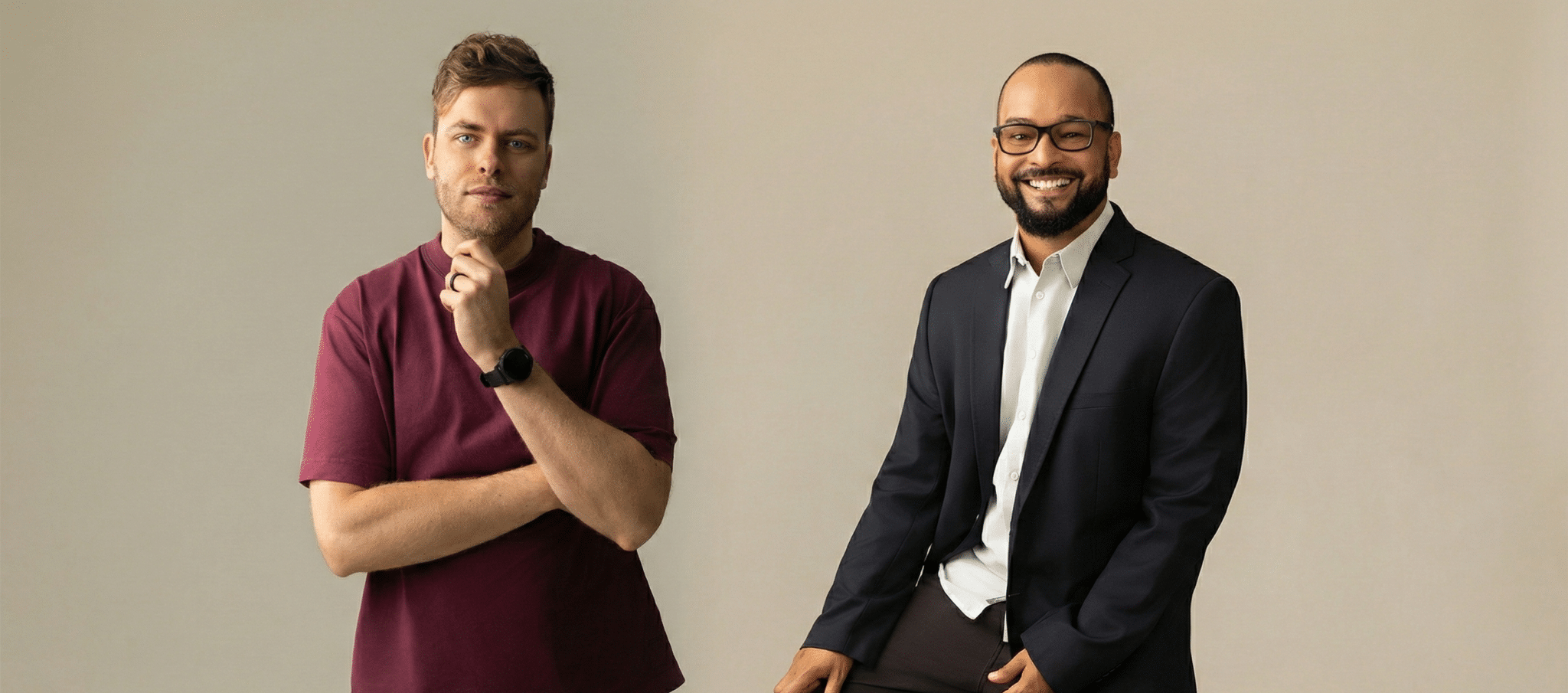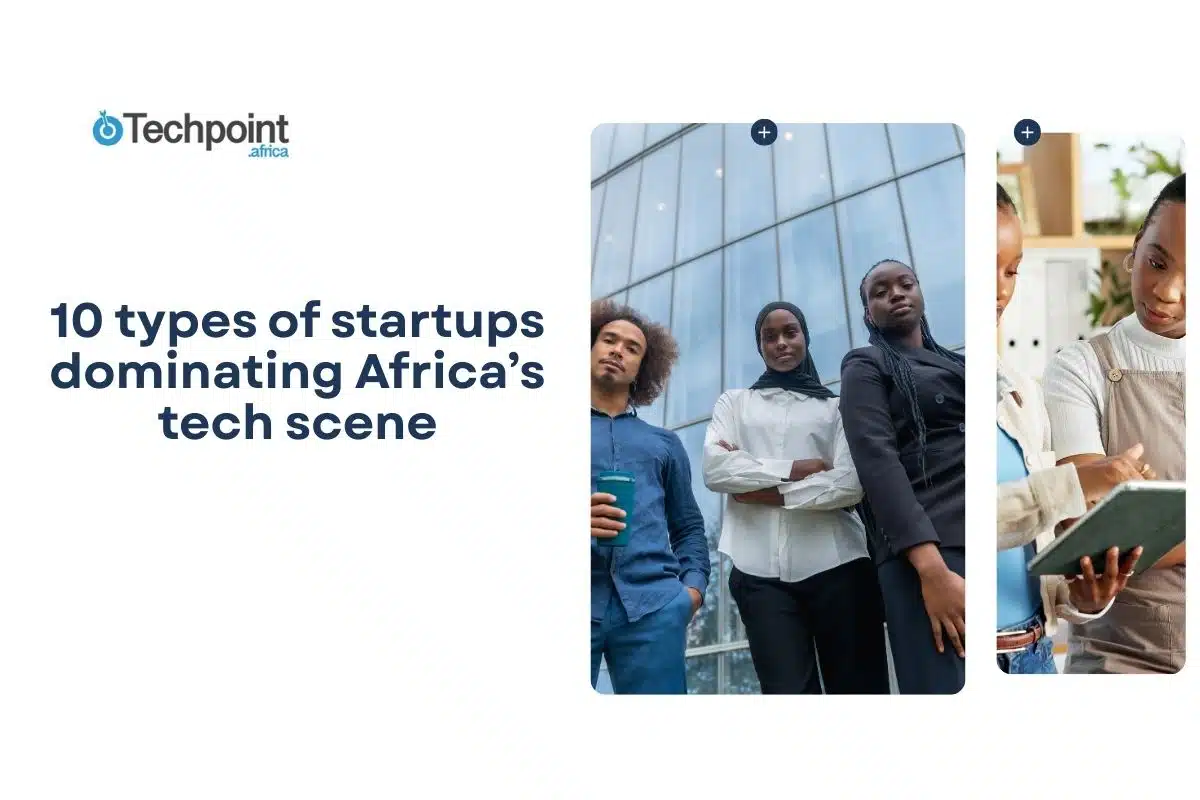If you ask the average Nigerian how much time they spend on WhatsApp daily, it would likely be unquantifiable. WhatsApp has become a staple app on smartphones.
As of 2024, Nigeria had 51 million active WhatsApp users, with a penetration rate of 95.1% of the country’s online population. This makes Nigeria the 10th largest WhatsApp user base globally.
Julius Oyekanmi saw this as an opportunity to simplify banking for millions of Nigerians with Finnova.
“WhatsApp is the most popular messaging app, and people are already there. So we are bringing banking services to individuals on a platform they are familiar with,” Oyekanmi tells Techpoint Africa.
With a chatbot on WhatsApp, users can access traditional banking services, like sending and receiving money, paying bills, and purchasing airtime. Additionally, Finnova offers escrow services to businesses that need an extra layer of trust for their transactions.
“We are integrated with a CBN-licensed wallet, which gives you an account number. With that account number, you can do any banking transactions. You can send money to other banks or receive money from other banks into your wallet,” Oyekanmi says.
Oyekanmi explains that to include those who may have previously been excluded from traditional banks, the Finnova chatbot does not require owning a bank account. Users receive a new account number connected to their BVN when they join the platform.
“You come on the platform, and it takes you through the onboarding process and gives you an Xpress Wallet account number. If you check any mobile banking app, you will see the Xpress Wallet listed there,” Oyekanmi says.
However, users who do not want to create a wallet account can still pay bills and purchase services, such as airtime, through their third-party bank cards.

Victoria Fakiya – Senior Writer
Techpoint Digest
Make your startup impossible to overlook
Discover the proven system to pitch your startup to the media, and finally get noticed.
“But if you have a Finnova account, you can put money in your account and pay from the account. Also, you enjoy some privileges like discounts, and some billers will not charge a convenience fee.”
Finnova also features a natural language processing flow that enables users to interact with the chatbot without any special prompts. They only need to tell the chatbot what they want to do as simply as possible.
“All they just need to do is type ‘banking’ or ‘send money.’ We also integrated a voice technology that allows users to perform transactions. It’s like you’re sending a voice note to a friend. You can say recharge airtime and dictate the number, and it gets recharged. You can use the voice prompt to send money to a friend that is already saved in your beneficiary list,” Oyekanmi explains.
Where it started
The idea for Finnova came in 2020 during the COVID-19 lockdown. Oyekanmi realised how integral WhatsApp was in connecting people and businesses, and he thought it would be game-changing if people could send and receive money via the app with which they communicated with their loved ones.
Oyekanmi reasoned that if a significant portion of our time is spent on WhatsApp, many people with no idea how to use bank apps could easily navigate it if banking options were available.
“People have so many conversations about money on WhatsApp. So, I thought, ‘What if we had everything on WhatsApp?’ We sent an email to Meta, they sent the requirements, and we began to build,” Oyekanmi says.
We had our first MVP in 2023, and we quickly realised that we needed a bank that could provide us with a wallet system. I went to a series of banks to pitch to them, and we eventually got a bank that was interested.”
He adds that Finnova is on a path to simplifying banking and removing the barriers to entry that many people in Nigeria may face, including poor customer service, low digital literacy, and a lack of trust in traditional banking systems.
Partnerships and regulations
To power its technology and ensure that users’ funds are safe, Finnova partnered with Providus Bank.
“We are big on compliance. We have partnered with a commercial bank, which serves as our infrastructure partner. They provide us with the Xpress Wallet, and we have to have regular compliance meetings with them,” says Oyekanmi.
The bank also holds Finnova’s customers’ money and ensures that the company properly onboards customers with the correct data and completes the account requirements.
The company is also strictly regulated by the Nigeria Data Protection Commission (NDPC) to ensure that its customers’ data is protected and the end-to-end chatbot remains uncompromised.
“We’ve also had a series of meetings with Meta to get the required approvals before we were able to launch the chatbot in 2023.”
Traction and growth
In almost two years since its launch in November 2023, Finnova has onboarded over 7,000 organic users onto its chatbot.
It also recently launched its business channel and has onboarded 16 companies.
“On the B2B side, we build a lean version of our product for microfinance banks, fintechs, and insurance companies who want to automate customer service and their transactions. We have processed more than ₦100 million in transactions and signed partnerships with three financial institutions.”
He adds that businesses also have access to escrow services, invoicing, payment reminders, and voice command technology.
We plan to integrate more languages to offer a multilingual function, as our main focus is inclusion.”











